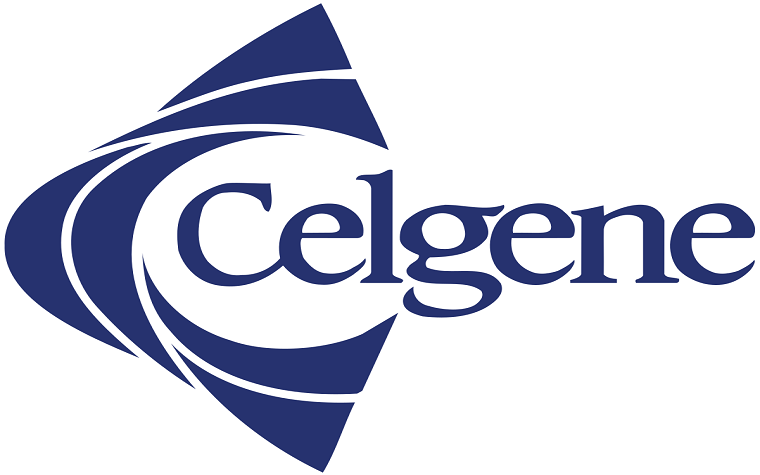Celgene Corporation issued the following announcement on June 3.
Celgene Corporation (NASDAQ:CELG) today announced additional results from RELEVANCE, a phase III, randomized, open-label, international clinical study conducted in partnership with the Lymphoma Academic Research Organisation (LYSARC), were presented at the 54th Annual American Society of Clinical Oncology Scientific Sessions (ASCO) in Chicago, Illinois on June 1-5, 2018.
This investigational study evaluated REVLIMID® (lenalidomide) plus rituximab (R2), followed by R2 maintenance, an investigational regimen, compared to the standard of care treatment of rituximab plus chemotherapy (R-chemo: R-CHOP, R-bendamustine or R-CVP) followed by rituximab maintenance in patients with previously untreated follicular lymphoma. Investigators found that treatment with a chemotherapy-free R2 regimen offered numerically similar efficacy results for the primary endpoints of progression free survival (PFS) and complete response or unconfirmed complete response (CR/CRu) at 120 weeks with a different safety profile than treatment with the conventional R-chemo standard. As previously disclosed, the study did not achieve the primary endpoints of superior PFS and CR/CRu.
"These findings provide important insight into the efficacy and safety of a chemotherapy-free regimen in patients with previously untreated follicular lymphoma and represent an important step forward in understanding possible treatment options for these patients," said Nathan Fowler, MD, Associate Professor, Department of Lymphoma/Myeloma, University of Texas MD Anderson Cancer Center.
The co-primary efficacy endpoints of the study were CR and CRu at 120 weeks and PFS during the pre-planned analysis (final analysis of CR/CRu and interim analysis of PFS). An analysis of the findings found that 48% of patients in the R2 arm and 53% of those receiving R-chemo maintained CR/Cru 120 weeks after randomization, with a 3-year estimated interim PFS rate of 77% and 78% respectively (P=0.48, HR (95% CI) 1.10 (0.85-1.43)). Preliminary overall survival, one of the study's secondary endpoints, showed a 3-year survival rate of 94% in both treatment arms. Other secondary endpoints included number of patients with adverse events, time to treatment failure, event-free survival, time to next anti-lymphoma treatment, time to next chemotherapy treatment, overall response rate at 120 weeks based on International Working Group (IWG) 1999 criteria, and health-related quality of life as measured by the EORTC QLQ-C30.
The majority of patients in both arms completed treatment (69% R2 and 71% R-chemo). The most common Grade 3/4 TEAEs in both arms were neutropenia (32% R2 vs. 50% R-chemo), febrile neutropenia (2% R2 vs. 7% R-chemo) and cutaneous events (7% R2 vs. 1% R-chemo). SPMs were reported in 7% R2 and 10% R-chemo patients, and Grade 5 AEs were 1% in both treatment arms.
"We believe the findings of the RELEVANCE trial add further to the understanding of the R2 regimen in patients with follicular lymphoma," said Nadim Ahmed, President of Hematology and Oncology for Celgene. "We now look forward to the results of our AUGMENT study, which is evaluating this important regimen in previously treated patients with indolent lymphomas. These studies support our ongoing efforts to develop a portfolio of novel treatments for lymphoma."
REVLIMID alone or in combination with rituximab is not approved for use in follicular lymphoma in any country.
Original source can be found here.











 Alerts Sign-up
Alerts Sign-up